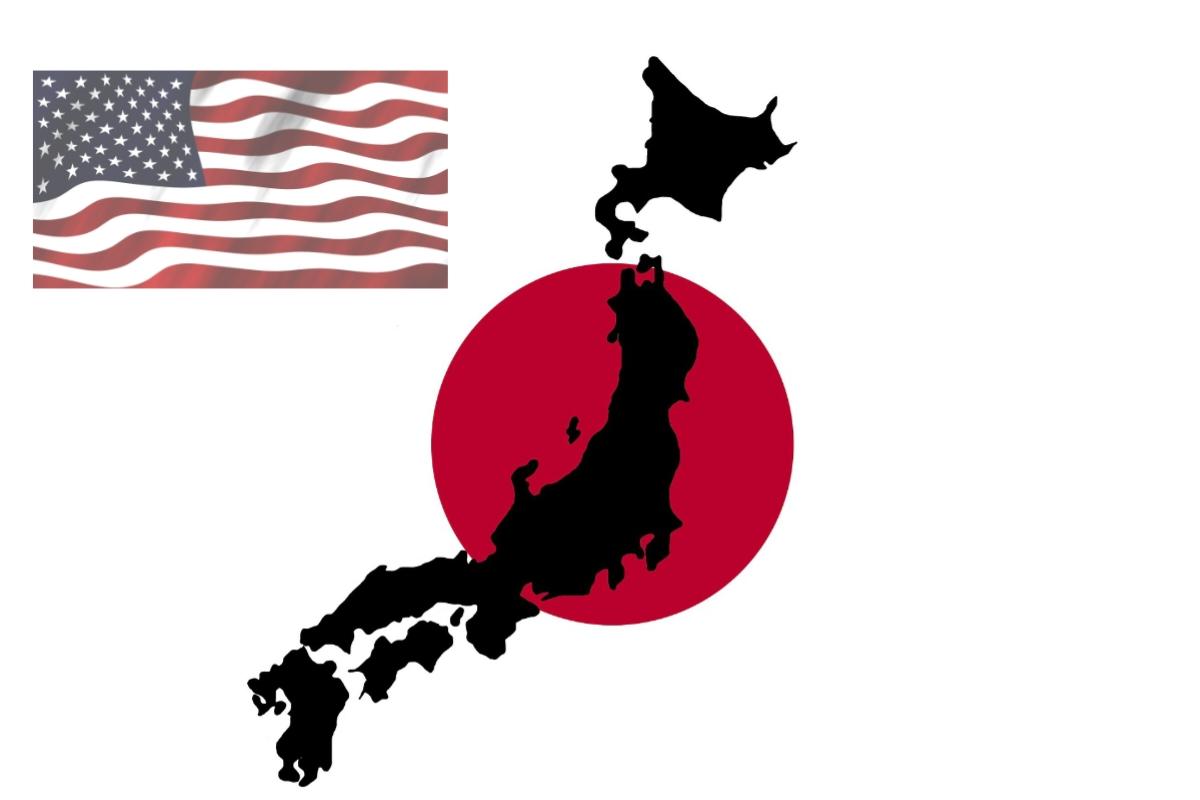
Japan, the United States' largest foreign creditor, is now facing a financial crisis that some say could be "worse than Greece." This isn’t just Japan’s problem. It has direct and serious implications for the U.S. and its financial markets.
Recently, Japan's long-term bond yields surged to record highs, signaling a collapse in demand. The situation has become so alarming that Japan’s Prime Minister compared the nation's fiscal condition to that of Greece during its debt crisis. This comparison alone should be enough to trigger global concern.
But here's where it gets particularly worrying for the U.S.: Japan holds more U.S. government debt than any other foreign country. That means the largest buyer of U.S. Treasuries is now spiraling into crisis.
As Japanese yields rise, Japanese institutions may be forced to sell off U.S. Treasuries in order to repatriate funds and stabilize their domestic markets. A large-scale sell-off of U.S. debt by Japan would result in falling prices for Treasuries and rising yields.
This comes at a precarious time for the United States. In 2025 alone, the U.S. faces a $7.6 trillion debt wall. If yields rise, so too will the interest costs on newly issued debt. That leads to a vicious cycle: more borrowing at higher interest rates forces the government to spend even more just to service existing debt, leading to increased money printing.
This is the definition of a debt spiral—one that becomes harder to escape the deeper you go.
To make matters worse, this week the U.S. lost its AAA credit rating. Yields are already climbing in response.
Losing a major buyer like Japan would force the Federal Reserve to step in as the lender of last resort. But that means more money printing, which stokes inflation and weakens the U.S. dollar.
A weaker dollar means every dollar in your wallet buys less.
Japan’s crisis isn’t isolated. It’s a flashing red warning for the U.S. economy. The interconnectedness of global debt markets means that what happens in Tokyo doesn't stay in Tokyo—it has ripple effects that can hit Wall Street, Main Street, and every American household.
Disclaimer:
This article is for informational purposes only and does not constitute financial, investment, or legal advice. Readers should conduct their own research or consult with a qualified professional before making any financial decisions.




